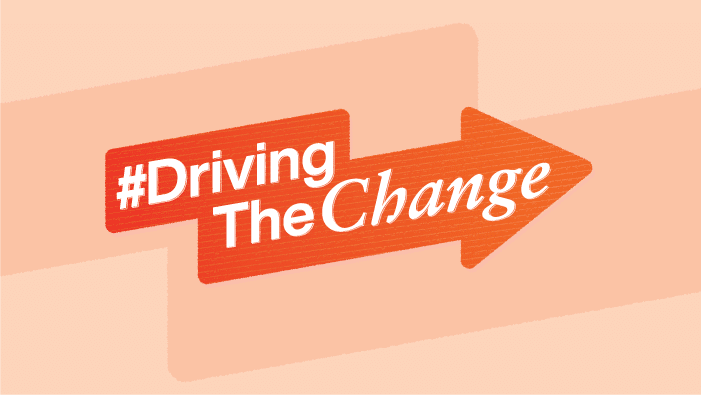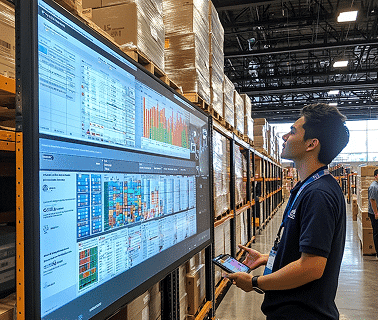Listen to this blog
A decade ago, would you have envisioned education to be accessible at your fingertips in the comfort of your surroundings and convenience? Education could never have been perceived without physical books and classrooms for anyone. And then came the internet revolution, and technology became habitual to people. With the pandemic, technology expanded beyond bonds, and education moved from the classroom to virtual space.
EdTech, one of the industries that thrived during the pandemic has been a breeding ground for numerous budding industries in and around its domain. EdTech ie., Education Technology uses hardware and software technology to augment the learning experience of students on a virtual platform. The advent of technology into this sector has been showing remarkable engagements in enhancing the learning experiences of numerous learners and paving a way for education to shift from traditional to interactive and digitalized formats.
The integration of AR and VR in EdTech solutions helps offer an interactive experience to learners. It permits learners to discover and seamlessly connect with abstract concepts and subsequently drives learner engagement. The focus of this industry has always been to impart relentless learning experiences to all prospective learners irrespective of various barriers.
With the pandemic, the user base of this industry has grown tremendously, experiencing the ease of accomplishing education. Moreover, learners now need everything at their fingertips, including learning and experiences. It is also remarkable that this sector specifically has been a boon to learners, especially those with physical disabilities. We can witness more traction in this sector as they evolve in line with the advances in the latest technologies, such as IoT, AI, and AR/VR, and contribute significantly to the market’s growth.
The global education technology market size was valued at USD 106.46 billion in 2021 and is expected to expand at a compound annual growth rate (CAGR) of 16.5% from 2022 to 2031. The global education technology market is constantly experiencing a digital revolution with the emergence of artificial intelligence and digitalization.
ALSO READ: Top trends in the supply chain management industry
This also points out that being a service industry, the sustainability of this sector is purely dependent on the experience, that they render to their learners. These experiences need to be curated as per the appetite of today’s learners. So, it is imperative that content keeps up with the behavioural changes of learners. This is the core of the EdTech business. Content creation and delivery form the crux of this business model. Content involves everything from images to video, audio, multimedia, and text. Considering the huge base of prospective learners in this market, there are enormous deliverables in hand for these EdTech companies. This is where the vendors come into picture.
Role of vendors in the EdTech sector
For an EdTech that caters to the learning requirements of enterprises and individuals, the product offerings will differ not only in terms of the content but also in terms of the diverse ways of delivery. In this situation, it will not be cost-effective to house all resources internally to create these product offerings. Vendors are used not only for technological interventions but also for embedding content and technology according to clients’ requirements. The bigger the offerings, the bigger could be the vendor list. With the growing vendors come the challenges in managing them. Maintaining an amicable relationship with the vendors is productive for both parties as this could lead to sustainable associations. However, any dispute will ultimately impact the quality of deliverables.
Some of the best practices of EdTech companies include effective vendor management. Today, there are numerous technological products which help companies to manage vendors effectively. In EdTech companies, however, vendors are beyond just vendors – they assume the roles of co-creators and intellectual partners. In such scenarios, the human touch is the best management tool at hand. Communication becomes key in this regard. It should be kept in mind that in such collaborations, it is not just the investment in terms of money but time, resources and energy which is at stake. Hence, it is imperative to map these expectations with the vendors. This should be the first step in the onboarding process. Once there is a balance in this regard between the vendor and the team, then things will begin to roll.
Since vendor engagement in EdTech involves technical academic and creative interventions, clarity in terms of deliverables with clear timelines needs to be discussed and communicated effectively to avoid future misunderstandings. In order to maintain an amicable resourceful relationship, it is important to have regular review and constructive feedback sessions. This will not only keep things on track but also give the vendors a sense of responsibility toward the projects and eventually mitigate risks for the company. This will also help in identifying non-compliance areas more effectively.
Since there is a working relationship between both parties, it is inevitable that all interactions are documented and reviewed by concerned authorities. The continuous interactions can ultimately lead to some resourceful collaborations. One of the most crucial roles in the organization in this regard is the point of contact between the vendors and the team. The choice of this role needs additional attention as it is this role that will define vendor health in the organization.
All the strategies mentioned earlier get enacted from this role. It must be noted here that when there is a cordial working relationship between vendors and a company, there is goodwill gets generated in the market for the company. And this adds to the brand values of the firm. And it all depends upon effective vendor management.
Learn more about vendor management with online MBA in Operations Management or online PGCP in Logistics & Supply Chain Management at Online Manipal.
Prepare for your next career milestone with us




















